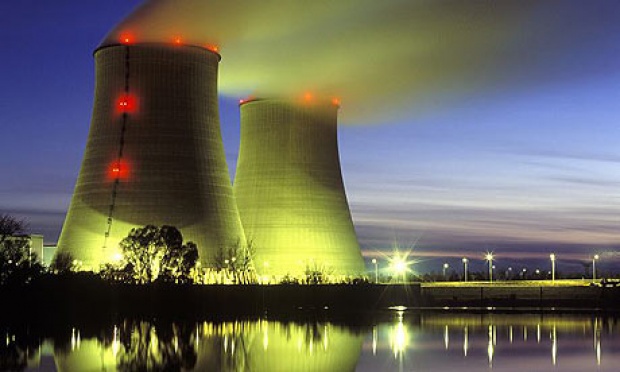
The thorium molten salt power plant can produce clean energy cheaper than coal.Indonesian state company PT PAL Indonesia has entered an agreement with nuclear power firm Thorcon International to conduct a development study and construct a 500MW reactor for $1.2b, Reuters reports.
The thorium molten salt power plant is currently designed to be a 174⨉66 m floating facility which PAL said is expected to be built by Daewoo Shipyard & Marine Engineering in South Korea.
PAL Indonesia, which produces warships and commercial vessels, will build the reactor and supporting components designed by Thorcon.
“The thorium molten salt power plant can produce clean energy cheaper than coal, which could be reliable energy system toward a low-carbon economy,” PAL said.
“However, there is still hesitation to develop a nuclear power plant because of its high cost,” Kurtubi was cited.
In response, energy and mineral resources minister Ignasius Jonan said the government would be very cautious when considering the idea, whilst there were still many other energy resources in the country that had lower development costs than a nuclear power plant.
Meanwhile, state-owned electricity company PLN’s acting president director, Djoko Abumanan, said that nuclear energy had frequently been a topic of discussion, but the lack of legal basis had prevented the company from executing any nuclear power plant project.
On the other hand, Greenpeace Asia Tenggara’s climate change and energy head, Tata Mustafa, expressed his rejection of the idea, stressing that the country needed to focus on the development of other renewable energy resources, the report said.
“The potential of solar energy is 207GW, whilst the potential of wind farm energy reached 66GW,” he said, adding that he doubted the safety of nuclear energy, particularly because of the country’s position on the Ring of Fire that was frequently hit by earthquakes.
The Institute for Essential Services Reform’s executive director Fabby Tumiwa also opposed the plan. He said he was particularly concerned about the management of radioactive waste. “The life span of a nuclear power plant is only 50 years, but radioactive waste will exist for thousands of years,” he said.